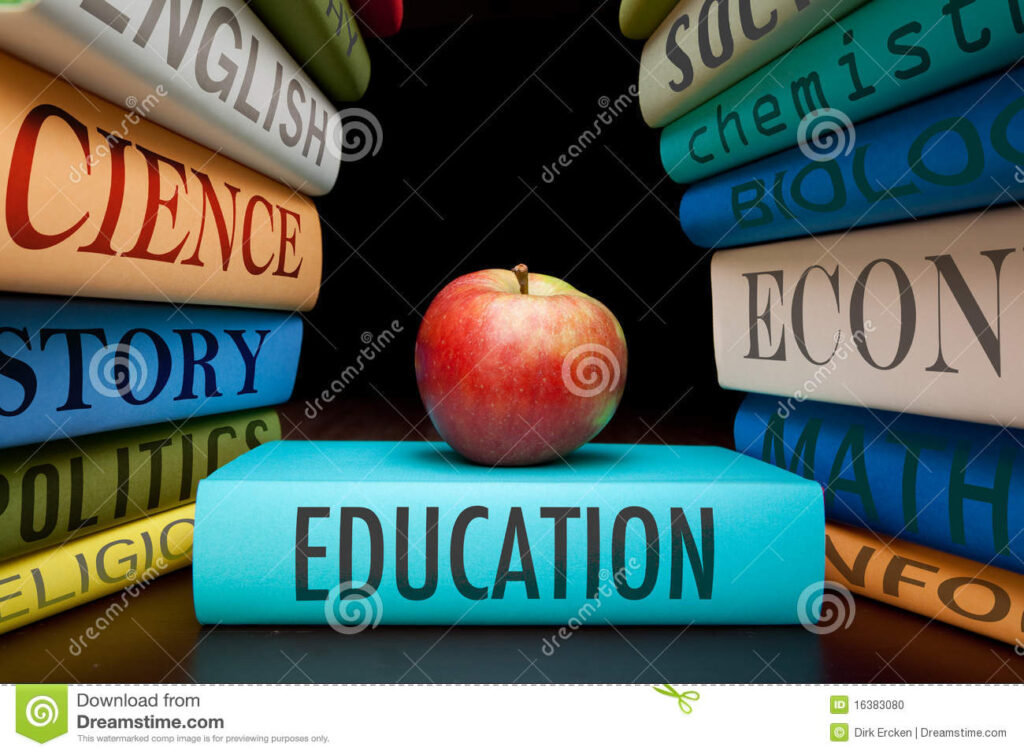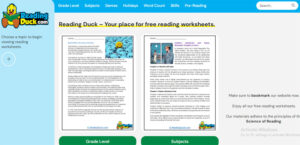How to Put High School Education on Resume

High school can be an exciting time, as students explore their future goals and responsibilities. Unfortunately, high school also poses some challenges as students must balance academics with extracurricular activities or internships.
No matter your educational status – recent graduate, college student or just entering the workforce – your education section is an integral component of your resume. It provides potential employers with essential details about your qualifications and helps them decide if you are suitable for the job they are hiring for.
When applying for a job, the content of your education section may differ depending on the position. An entry-level communications role at a corporation might necessitate having a bachelor’s degree in communication while welding does not. Therefore, it’s best to understand what role you are applying for before determining how best to showcase educational accomplishments on your resume.
Your resume’s education section should be one of the shortest, and located near your summary statement or objective. As this is typically what hiring managers look at first when reviewing resumes, placing it near the top and above any work experience would be wise.
When crafting your resume’s education section, keep it concise and only include information that is pertinent and significant. This could include details such as your high school name, location, graduation year and diploma or certificate. If you are still in school, make sure to include any pertinent courses and grades earned.
For additional distinction, you can add your honors such as magna cum laude or summa cum laude (the highest distinction in your grade level). Likewise, if you were the valedictorian of your class or received Latin honors, be sure to include that alongside your degree.
Another option is to include your college or university degrees and certificates on your resume if you attended a recognized institution. This gives potential employers an insight into your educational history, although be mindful of including any unfinished programs on your resume.
You may wish to include other optional information, such as being part of a college or university committee, completing an extracurricular activity and volunteering. This is an effective way to demonstrate your abilities and interests without taking up too much room on your resume.
If you have any work-related education, such as an internship that aligns with your career objectives, it’s wise to include that on your resume. Doing so will demonstrate to recruiters that you possess the necessary education and experience for success at the job they are hiring for.
In some cases, you might even include your college majors and minors on your resume. Doing so can be especially advantageous if you were awarded a scholarship or accepted into an honors program.
Include your GPA on your resume as an option, but it isn’t highly recommended. A low GPA may give the impression that you didn’t put enough effort into earning your degree.





